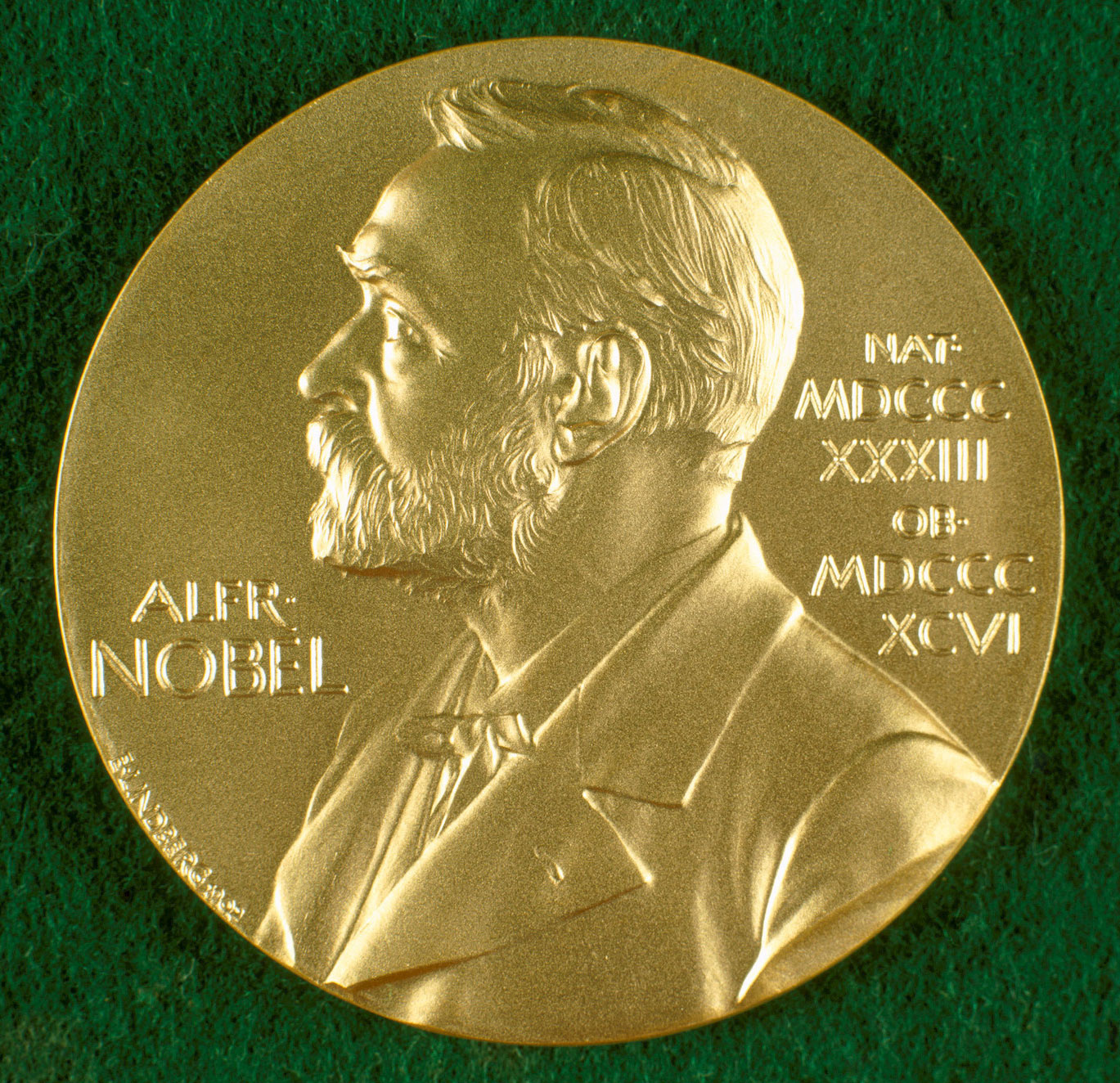The reason literature has always taken the front page every October, when the academies in Sweden meet to choose “those who, during the preceding year, have conferred the greatest benefit to humankind” is because even a twelfth-grader or a fairly lettered mechanic can access the work of the lucky laureate. Unlike natural and medical sciences, literary outputs don’t require a laboratory to be understood or confirmed, neither, like economics, are fancy theoretical frameworks needed to interpret the awardee’s ideas or invention.
The prize in literature is the only based on a work that must be known outside the field. Hence, it’s a practice field of public opinion, from the most informed to the ridiculous. The craft of a physicist may be unknown outside the lab or restricted to the scientific community, but a writer’s craft must be known by the non-writing public—even if within a specific group or geography. This year’s laureate in Literature, Abdulrazak Gurnah, has given life to the old debate around the criteria for awarding the Nobel prize in Literature. The announcement of the UK-based Tanzanian novelist took even writers in the English-speaking world by surprise, and many had to note that he thrived in obscurity. This charge has polarized discussions around him.
- Podcast – Is NCC Really Banning Persons Under the Age of 18 From Obtaining SIM Cards?
- Nollywood actress: How I Was Molested On A Movie Set
While the Nobel isn’t a popularity contest, literature is an art of interacting with the public. So, it’s impossible to be on the radar of the Swedish Academy if you aren’t popular at all. But it’s logical to argue that Gurnah is both known and largely obscure if we agree that such “obscurity” isn’t an utter lack of fame. He had been shortlisted for the Booker Prize, served on the judging panels of well-known prizes and edited a distinguished literary magazine, and these appearances come with the hype around one’s name and craft.
But Gurnah’s fame pales in comparison to certain contenders for the prize who’ve become recurring decimals of the pop culture. You can run into a commercial driver anywhere in Africa who knows, say, Ngugi Wa Thiong’o, and I can bet that there are Literature teachers in the English-speaking world, the language of Gurnah’s art, who had not come across his name until the Nobel prize. It didn’t mean that he’s undeserving of the prize or that his art is inferior.
I had come across the name Abdulrazak Gurnah in some stray essays but never got to read anything he wrote. He’s a fine writer, I read and that’s that. This relative obscurity in mainstream literary space, which has been underlined by writers with whom Gurnah shared a language and culture, may just be that he’s not a showman. He must be all about his art. I can bet that most of the folks celebrating Gurnah today learnt about him and his craft after the Nobel win.
On Twitter, the Nobel committee set out to confirm this obscurity theory via a poll with the caption: “Have you read anything by Abdulrazak Gurnah?” Only 7% of the 16,992 votes were for “Yes.” This, of course, doesn’t diminish Gurnah in any sense. We function in a world where the most celebrated aren’t usually the best, but masters of media theatrics. Aggressive public relations may take us places, but talent and dedication to our craft is the highway to immortality. Some acclaimed writers never got to smell their flowers.
Whether obscure or popular, the truth is writers more famous and as talented as Gurnah have not won the Nobel and the Swedish Academy doesn’t owe us further explanation after they shared citation of the awardees. Our annual pastime of describing each time our favourite or popular nominee isn’t chosen as robbery is a case of entitlement—and seems we need a consolatory prize for the snubbed.
The obscurity theorists, those who often cite the literary prize as a popularity contest, must learn that visibility isn’t proof of talent or excellence. Sometimes, poor visibility is a projection of the usual toxic politics of literary fraternities or instigated by a writer’s refusal to appeal to gate-keeping cliques that run the business of writing from book festivals to prize-giving institutions. Literature, like every other venture, has its fair share of politics.
If visibility is the criterion for the Nobel prize in literature, Nigeria’s Chinua Achebe would’ve won it even before his hair began to lose its black. Achebe did to colonialism much more than what the Swedish Academy shared that Gurnah did to that exploitation of the colonized—“…uncompromising and compassionate penetration of the effects of colonialism.”
But Achebe never won the Nobel, and it enabled the debate around the Eurocentric aim of the prize. Again, the Swedish academies have the liberty to spend their money as they wish.
Nigeria, for instance, has one of the richest literary prizes in the world, but either the selection is political or the country just doesn’t have enough mavericks to bid for the prizes. Most of the winners of the prize fizzled out almost immediately after pocketing the $100,000 prize money. But, then, when you read the cocktail of embarrassing grammatical blunders dispensed by the organizers of the prize, you may get why it lacks the prestige it deserves. Even the flippant reports of the judging panel, year in, year out, leave you bewildered.
So, even if the reach of Gurnah’s works before the Nobel fits the description of obscurity, the Swedish Academy has made him the most discussed Zanzibari in 2021, and he’s on track to join Queen’s eccentric frontman, Freddie Mercury—on whose life the movie Bohemia Rhapsody is based—as the most notable Zanzibaris in pop culture. That this prize would propel Gurnah to another planet of popularity isn’t an opinion.

 Join Daily Trust WhatsApp Community For Quick Access To News and Happenings Around You.
Join Daily Trust WhatsApp Community For Quick Access To News and Happenings Around You.

